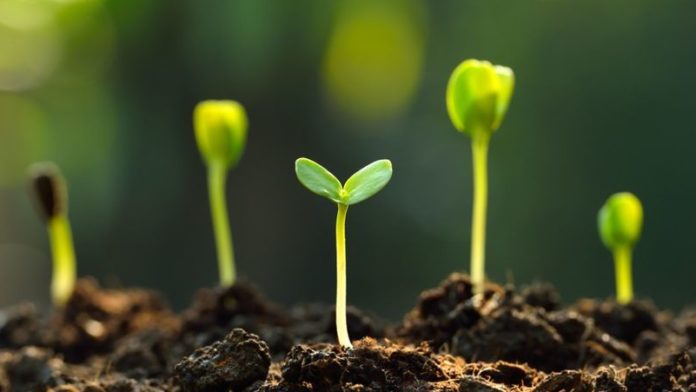
KORE will consider selling its Dougou Extension potash deposit in the Republic of Congo as it nears approval of the $1.8bn Kola project.
Kola and ‘DX’ are located in the Congo’s Sintokoula mining lease. Kore once prioritised the development of DX but subsequently prioritised Kola after it found a cheaper means of building it, and financing became readily available.
“This is all theoretical, but Kore still needs to cover its share of Kola,” said Brad Sampson, CEO of Kore in an interview in January. The Summit Consortium consisting of China’s SEPCO, the Oman Investment Authority and SQM, a Chilean chemicals firm are financing the largest portion of the project.
Last month, Kore effectively put DX in the shop window after releasing an update to its feasibility study in which DX’s life of mine was reduced to 12 years from 30. That resulted in a cut in the project’s net present value to $275m. Nonetheless its sale would provide Kore with financial firepower and perhaps even keep the RoC government off its back.
Irked by a delay in financing Kola, the RoC’s minister of mines issued Kore with a 30-day ultimatum, claiming the company was falling foul of the country’s Mining Code. Sampson said the relationship is smoother now that the firm reassured the government of its intentions for Kola.
Last year was a fraught period for Kore. In October, it announced the arrest of two employees. “Without going into the grisly details we had a business relationship with a local Congolese business person who thought it might be a good idea to do this,” said Sampson.
The company’s focus has since returned to Kola, including finalising the agreement with the Summit Consortium, said Sampson. “There’s a small number of issues we need to agree on but we’re not disagreeing,” he said.
The potash price surged last year following the invasion of Ukraine by Russia. The countries comprise about 30% of the potash market. While potash pricing has since cooled, Sampson said annual demand for the mineral will increase of 2% to 3% a year given supply scarcity, pressure on agribusiness to become more efficient, and population growth.
Sheldon Modeland, an analyst at Shore Capital in the UK, said in a recent report that Kore “has the potential to become a significant, multi-generational muriate of potash producer”.










